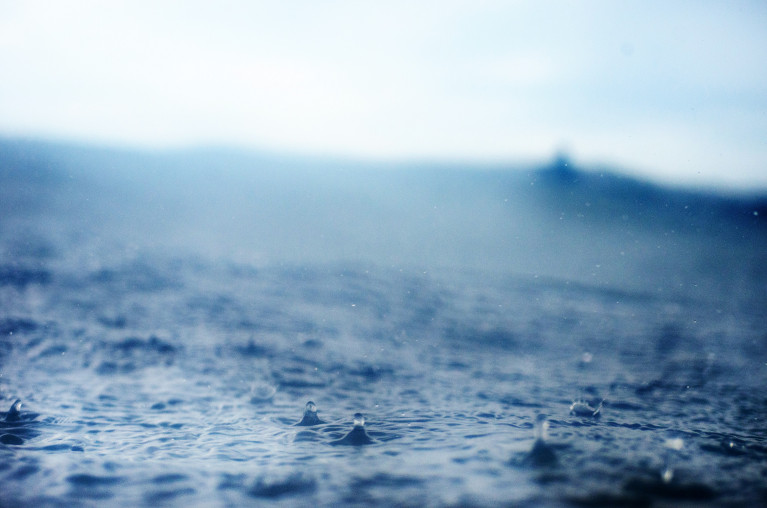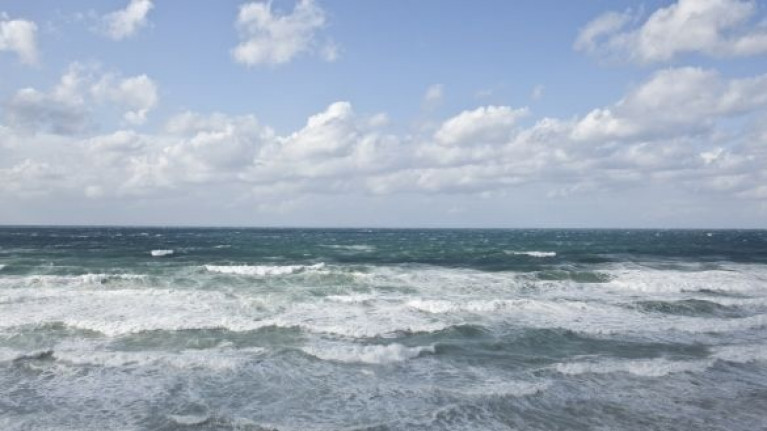
Evidence Is Clear as Global Climate Change Means Ireland is Warmer and Wetter
12th August 2021 Marine Science


Navy's Vice-Admiral Mark Mellett is Passionate About the Sea & Its Potential
5th August 2021 Wavelength Podcast
Advanced Technology Delivers for SeaMonitor Teams Tracking Wild Atlantic Salmon
3rd August 2021 Marine Science

New Salmon Study Sheds Considerable light on Marine Migratory Behaviour
20th July 2021 Marine Wildlife
Anglers in Ireland Take Part in Bluefin Tuna Scientific ‘Catch-Tag-Release’ Fishery
16th July 2021 Angling
Space Agencies Collaborate to Monitor Rising Sea Levels & Temperatures
15th July 2021 Marine Science





Subterranean Estuaries Help Filter Out Pollutants, New Study Involving Trinity College Dublin Finds
24th June 2021 Marine Science





























































